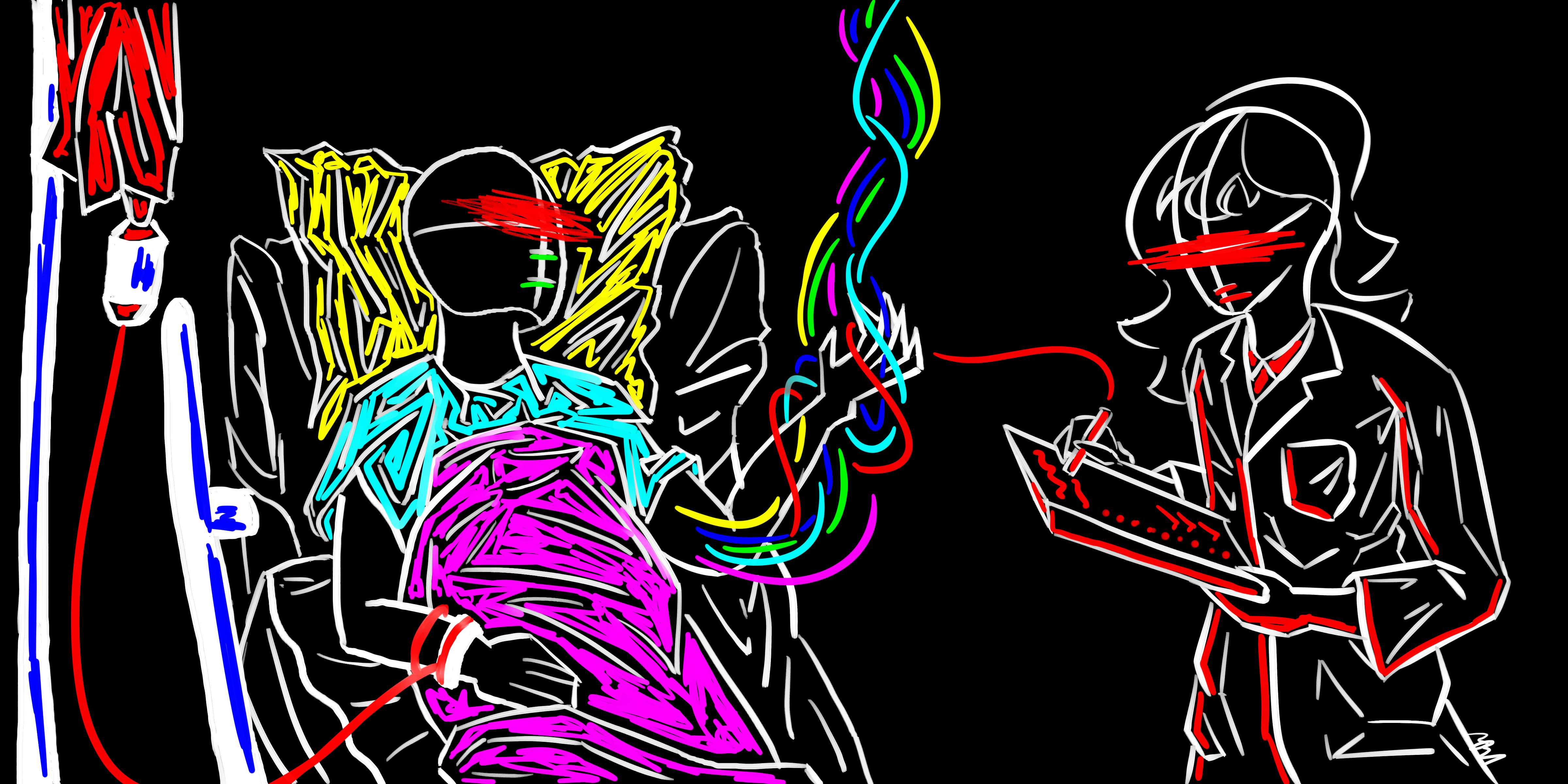Blog by Lillian Wieland

Medical school interviews loom ahead, making applicants scramble to prepare. We’ll go to our advisors, asking “What will give me an edge?” In return, we might hear the common advice to write down all of our patient interaction stories and craft a narrative on how those experiences impacted us as future physicians. The advice makes sense—stories are powerful. We can imbue different meanings into moments based on how we choose to tell them. Then when we share that meaning, we can use it to make subtle or subliminal claims, whether on our own behalf or on that of others. Even when well-intentioned, the story’s power tempts us to use them for our own gain. Like a politician spinning a narrative to benefit their own image, it’s easy to lose sight of the people in our stories in our efforts to advance our careers or fill out coffers. Neglecting the people at the heart of the story, thereby using them merely to help ourselves, diminishes the dignity inherent to that person, as this act fails to recognize them as a moral agent of importance in the telling of the story.
I took my advisor’s advice when writing my personal statement, which included the story of my uncle’s death (or more accurately, my response to my uncle’s death). The way I tell it, my uncle died in a terrible way. His last few weeks of life were riddled with bedsores and anger and resentment toward the world being taken away from him too soon. I chose this version of events because the more terrible his death seemed, the greater my resilience seemed in contrast. I liked the way the story came out, so I submitted it. But I couldn’t help but wonder if I told the story wrong.
While pursuing a philosophy degree, I’ve thought about ethics in abstract notions. I never thought to question the advice the people I trusted gave me. Though they had good intentions, their advice led me to an action Immanuel Kant would condemn. Kant claims that using a person as a mere means to an end is immoral. This claim means that every person has inherent dignity which others should respect, and thus others should not use them solely for the other’s profit. By taking my uncle’s experience and centering it in my own perspective, I used his story as a mere means to my ends only.
None of this is to say that we cannot share patient stories. I would hope that each person, whether planning to enter medical school or any other profession, would simply do better than I did in caring for the stories entrusted to them. To avoid using the patient as a mere means to an end, we must encourage careful examination of the story itself prior to any sharing. Acknowledgement of our perspectives as those from the margins looking in on the centerfold of the patient’s life and relationships contributes to such an end.
By following tenets such as those outlined in Lise Saffran’s recent article,[1] we further respect the experience of the patient. Such tenets include assessing the storyteller’s perspective and position, centering the story around the relationship between the storyteller and the individuals in the story, and scrutinizing the language or imagery used with greater attention to the metanarrative and meaning they contribute. I think a great example of how to approach this is Dr. Ira Byock’s work, Dying Well. Byock connects his patient’s stories to his own while acknowledging the bias of his perspective and working to represent theirs fairly. When Byock tells his patient’s stories, he takes care to prevent the alienation of the patient’s narrative and ensures that the story remains in the possession of the patient. Further, he navigates the rocky terrain of end-of-life care with detailed attention to imagery, scrutinizing any potential pitfalls or stigmas he could inadvertently introduce.
I am guilty of using stories as mere means to my own ends, failing to uphold the tenets I describe above. If I’m going to tell stories, I need to respect the inherent dignity of the story. In reminding myself of the example Byock sets, I can work toward achieving balanced and moral storytelling in the rest of my application process. Even further than that, in my role as an ethically-conscious future physician, I want to be more like an Ira Byock and less like a politician. I already hurt my uncle’s memory by only telling the story of his pain and instilling feelings of despair. Instead, in my ongoing efforts to tell his story and future stories in the right way, I can focus on the wholeness of the person’s life and character, emphasizing the experiences and relationships which bring people meaning.
[1] “Public health storytelling practice” The Lancet 2021
Lillian Wieland is a student at Rice University studying philosophy, biochemistry, and the medical humanities. She plans to attend medical school next year and continue her research in end-of-life care and related topics in medical humanities.